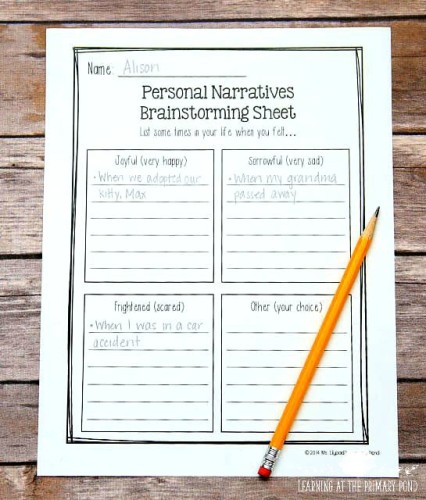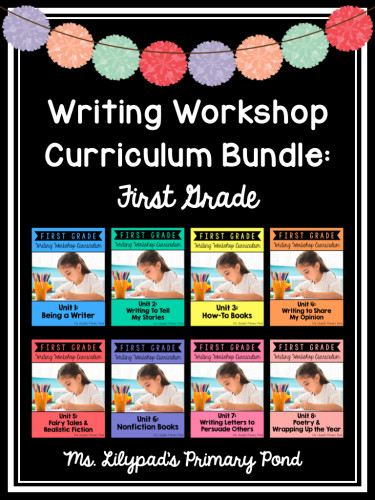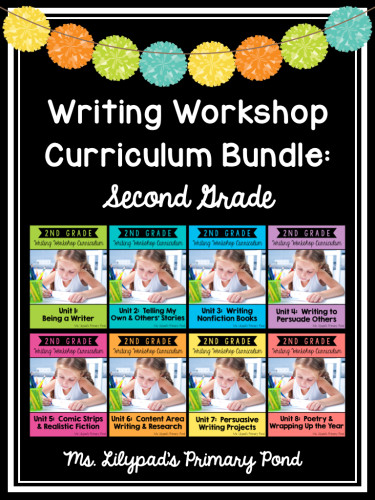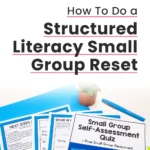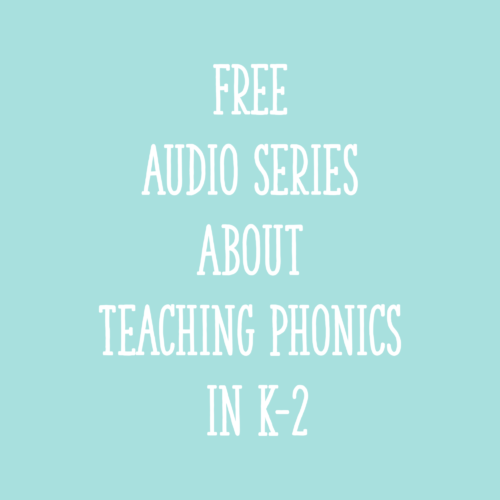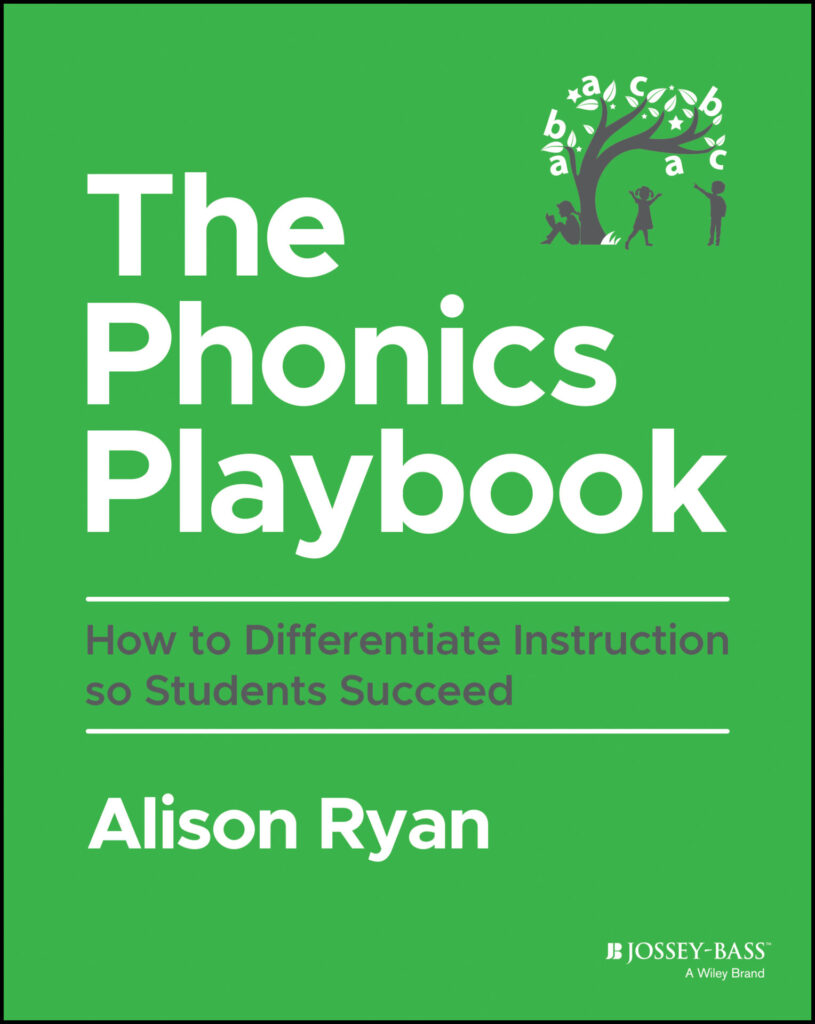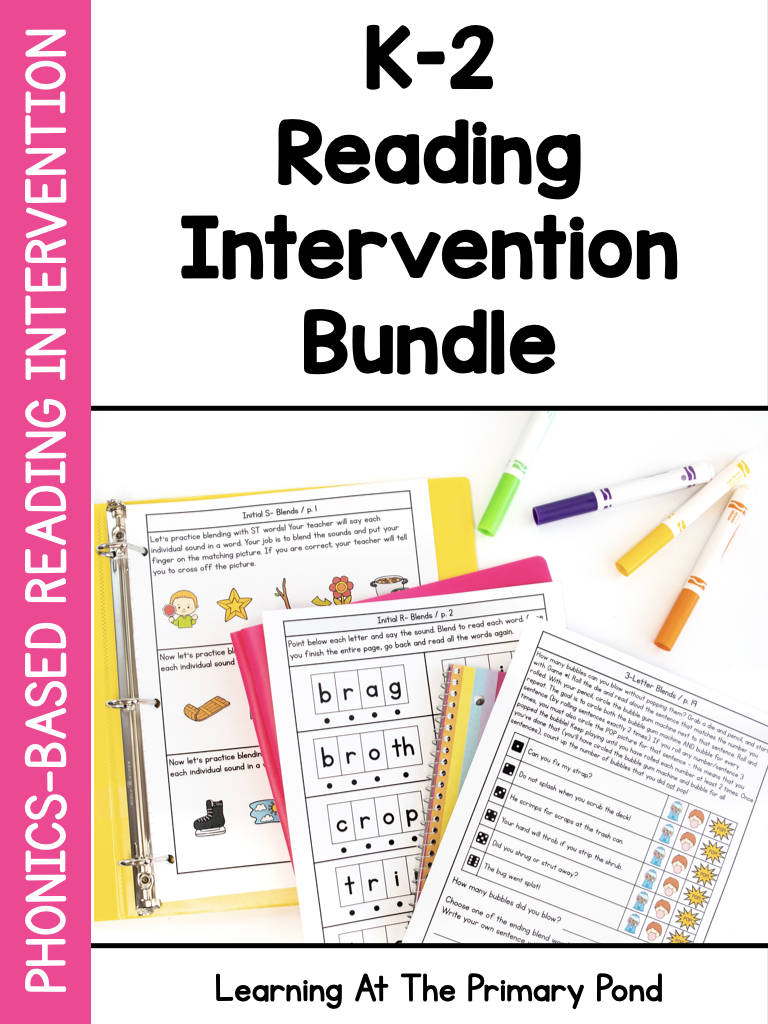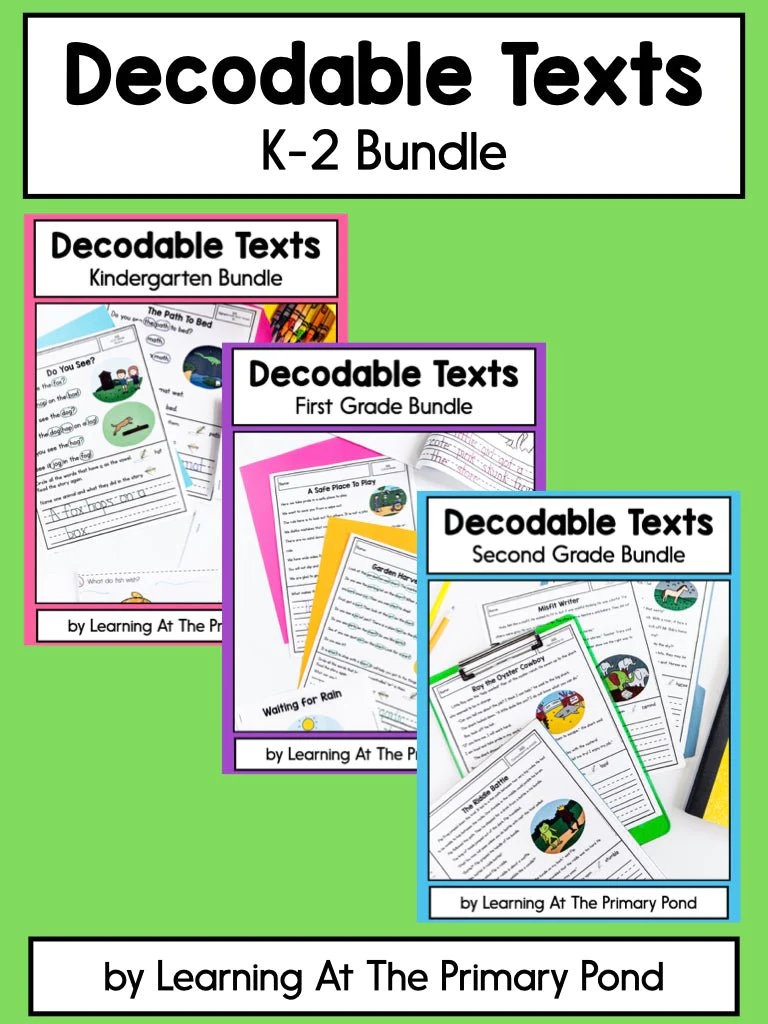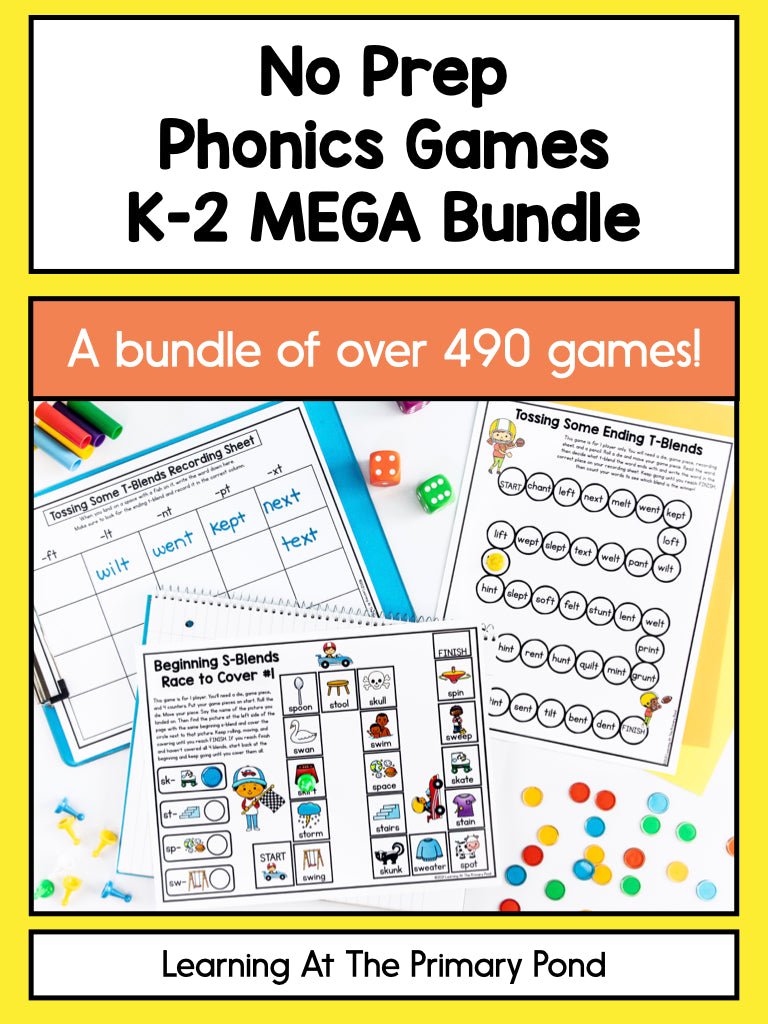Feeling frustrated with how your writing workshop is going? Are your little writers having trouble staying on task? If so, it’s time to press the “reset” button!
Accepting that I need to backtrack and re-teach expectations is something that’s always been challenging for me. I spend a ton of time teaching writing routines and procedures at the beginning of the school year, so I expect that time to pay off. And it does – but sometimes you still have to take a step back to move two steps forward.
In this post, I’ll describe 3 ways that you can “reset” your writing workshop. Not only will these strategies set your workshop up for future success, but they are also fun and motivating for your kiddos!
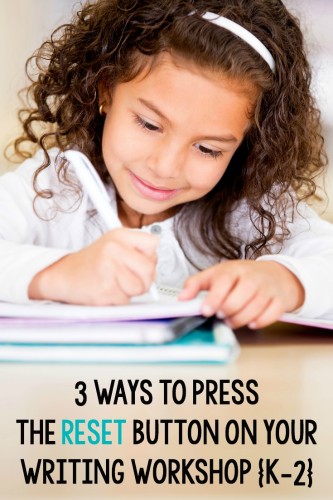
1. Re-build stamina.
Sustaining writing for a period of time is hard work for our littles ones! Just like it takes stamina to run a long race, it also takes stamina to stay on-task while writing.
Explain to your students that the class will be going back to only 5 minutes of writing time. Create a bar graph on chart paper to show them what this looks like.
Allow students to go back to their seats and get started writing, and set a timer. When the timer goes off, have students put their materials away and come back to the rug. Ask them how this time felt, and how much writing they were able to get done. They should (hopefully) comment that the time period was too short and that they couldn’t get much done.
Promise students that they will be getting back more time for writing – but that they have to work towards it. The following day, allow students to work as long as they are on task. If even one student gets off task, then writing time is up. Graph the number of minutes students were able to stay on task.
Repeat this until students are able to stay on task for the number of minutes that you would ordinarily want them to write independently. When the class reaches your goal, have some sort of mini-celebration or special reward – like getting to write anywhere in the classroom, even under tables or at your teacher desk (if your kids can handle it!).
This exercise will increase the amount of time that students will able to write independently, and it’ll also serve as an “anchor” lesson. In the future, you can refer back to how tough and not fun it was to only have 5 minutes to write. Hopefully this will serve as motivation for the kids to stay on-task and not have to re-build stamina all over again!
2. Motivate with choice.
If you use any of my writing units, you know that I don’t dictate a topic or give a prompt for my students to respond to during writing workshop. Yes, there are definitely times when I want my students to write about something specific or answer a question. However, I’ve found that allowing them to choose topics is extremely motivating and fosters independence.
When we constantly provide topics for our students, we are forcing them, in a sense, to become dependent upon us. Instead, we can select a genre that we want our students to work on and then allow them to choose topics within that genre.
Let’s say you’re teaching students about writing nonfiction books. Some kiddos may want to write about animals. Others may want to write about sports or weather.
During your minilessons, you can teach and model strategies like adding a table of contents, or making comparisons to teach the reader. Students can apply either of these strategies to their writing, regardless of the topic they’re writing about.
To avoid having students get “stuck” and waste a ton of time figure out what to write about, have them brainstorm a list of topics at the beginning of the unit.
With the nonfiction example, you could ask your students to come up with a list of things that they know a lot about. They can keep that list in their writing folders, so when they finish one book, they can quickly find a topic to write about next.
Here’s a photo of a brainstorming sheet that you could use to have your students come up with topics for personal narratives:
Even if you are accustomed to assigning topics to your students, I really encourage you to try this approach for at least one unit. Kids are more likely to stay on task if they are passionate about their writing, so providing (structured) choice is a great way to re-set your writing workshop!
3. Create accountability with writing buddies.
Kids jump at the chance to work with their friends during writing time! Why not take advantage of this enthusiasm?
First, strategically pair students up to create “accountability partnerships” (or “writing buddies” in kid language!). At the end of each writing workshop, have students answer self-reflection questions (either on paper or orally). These can include:
- Did I stay on task the whole time?
- Am I happy with the amount of writing I got done today?
- What is the best sentence I wrote today?
- What part of my writing am I struggling with?
- Did I do a good job using writing conventions (punctuation, spelling, etc.) today?
- Did I try to use what my teacher taught in the minilesson today?
Of course, you’d only want to pick 1-2 of these questions per day. After students self-reflect, have them partner up to share their answers with their writing buddy. This is also a great time for them to read each other part of or all of what they worked on today!
The nice thing about having that “buddy time” at the end of writing is that you can use it as motivation. If your kids are slacking off (What? They never do that :)), just give a gentle reminder like, “Don’t forget that you want to be ready to share with your buddy” or “Hmm…wouldn’t you rather tell your writing partner that you stayed on task today?”
More Ways to Press the “Reset” Button
In addition to the above ideas, you can also re-energize your writing workshop by creating engaging writing projects, inspiring your kids with the work of published authors, and designing more opportunities for peer collaboration.
For “done for you” lessons that incorporate these and many other motivating strategies, check out my Kindergarten, first grade, or second grade writing units. Watch the video below to learn how and why I developed these units:
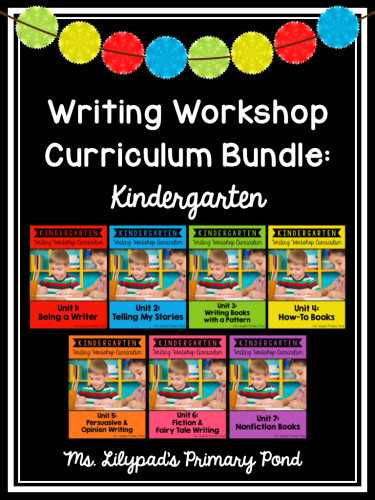
Happy teaching!

